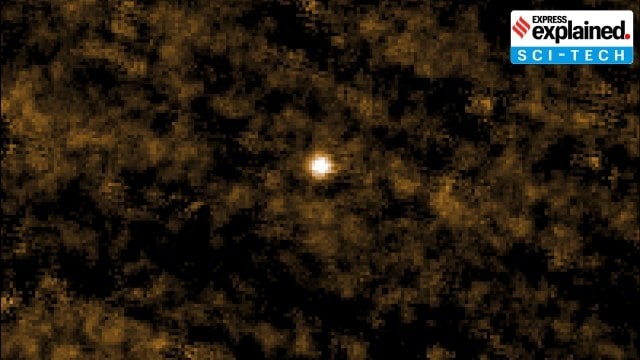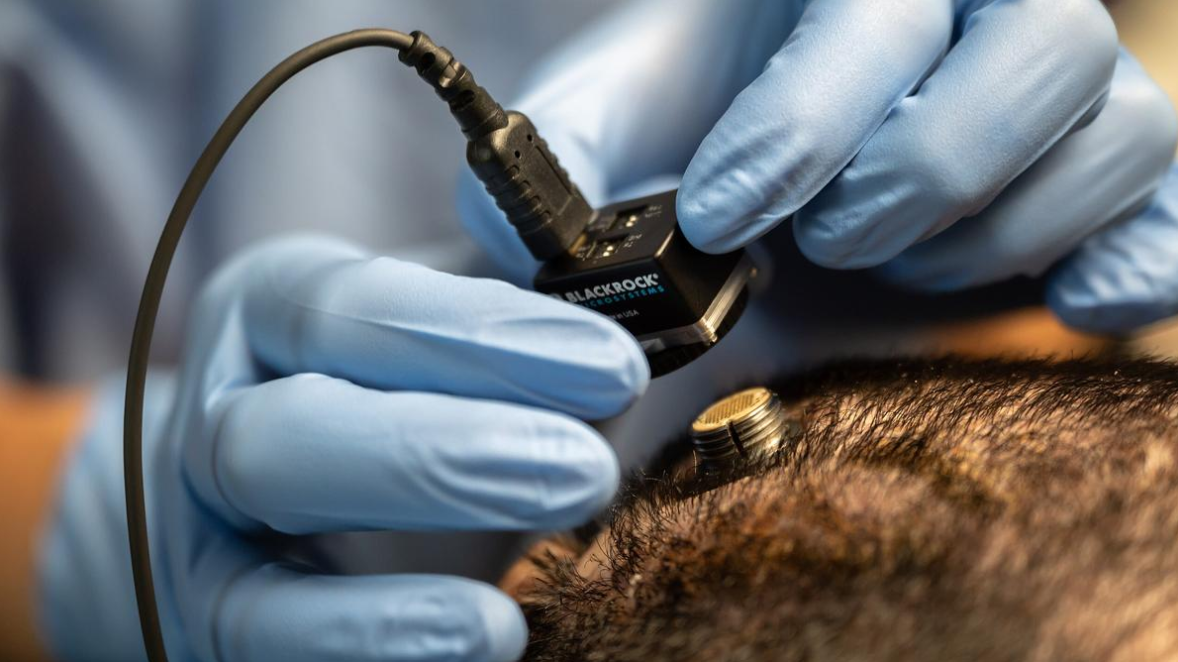



.png)
.png)
Disclaimer: Copyright infringement not intended.
Context
Background
LTTD
National Institute of Ocean Technology (NIOT)
|
PRELIMS PRACTICE QUESTION Q. Choose the incorrect answer with reference to the following statements. A. The Low-temperature thermal desalination (LTTD) technology does not require any chemical pre and post-treatment of seawater and thus the pollution problems are minimal and suitable for island territories. B. LTTD exploits the difference in temperature (nearly 50°C) in the ocean water at the surface and at depths of about 5000 feet. 1) A only 2) B only 3) Both A and B 4) Neither A nor B Answer: 2 |






© 2025 iasgyan. All right reserved